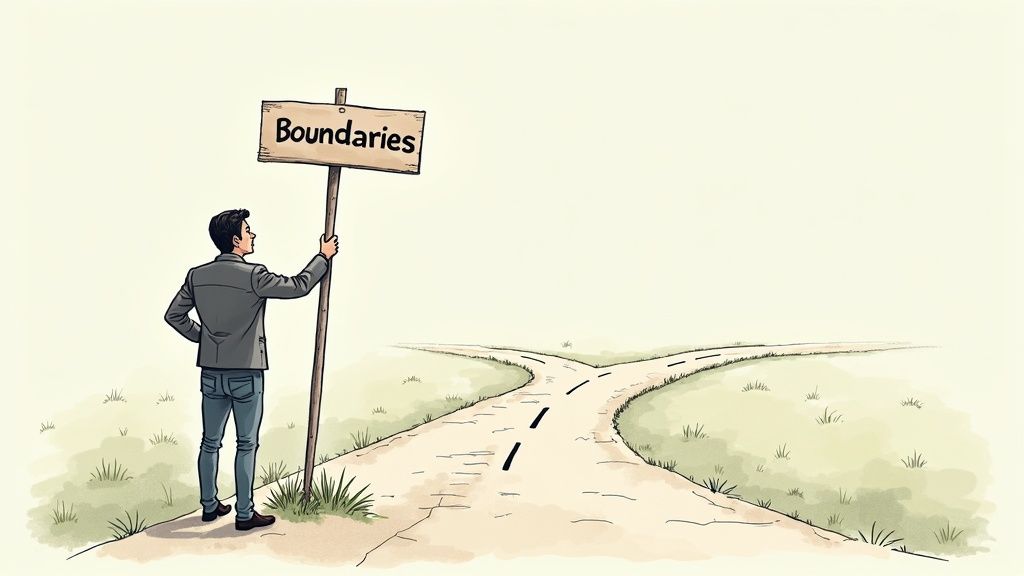Unveiling Little-Known Historical Facts That Changed the World
Have you ever heard of the little-known historical facts that had a significant impact on shaping the world we live in today? From seemingly minor events to obscure discoveries, history is filled with fascinating stories that often go unnoticed. In this article, we will delve into some of these hidden gems and shed light on how they changed the course of history.
The Discovery of Penicillin
One of the most groundbreaking discoveries in medical history occurred in 1928 when Scottish biologist Alexander Fleming accidentally discovered the antibiotic properties of penicillin. This chance finding revolutionized the treatment of bacterial infections and saved countless lives. With the development of penicillin, previously deadly diseases such as pneumonia and syphilis became easily treatable, drastically improving public health worldwide.
The Berlin Conference of 1884-85
In a bid to avoid conflict over territorial claims in Africa, major European powers convened at the Berlin Conference in 1884-85 to divide the continent among themselves. This event set the stage for the colonization of Africa by European nations and led to the exploitation and subjugation of indigenous populations. The legacy of the Berlin Conference continues to impact Africa’s socio-political landscape to this day, highlighting the lasting consequences of colonialism.
The Invention of the Printing Press
Johannes Gutenberg’s invention of the printing press in the mid-15th century revolutionized the way information was disseminated and played a crucial role in the spread of knowledge and ideas during the Renaissance. The printing press enabled the mass production of books, making literature more accessible to the general population and fueling intellectual and cultural advancements. This technological innovation laid the foundation for the modern information age we live in.
The Women’s Suffrage Movement
The fight for women’s suffrage, which gained momentum in the late 19th and early 20th centuries, was a pivotal moment in the struggle for gender equality. Through peaceful protests, demonstrations, and advocacy efforts, suffragists campaigned for women’s right to vote and participate in the democratic process. The tireless efforts of suffragettes around the world eventually led to the granting of voting rights to women, marking a significant milestone in the quest for gender parity.













